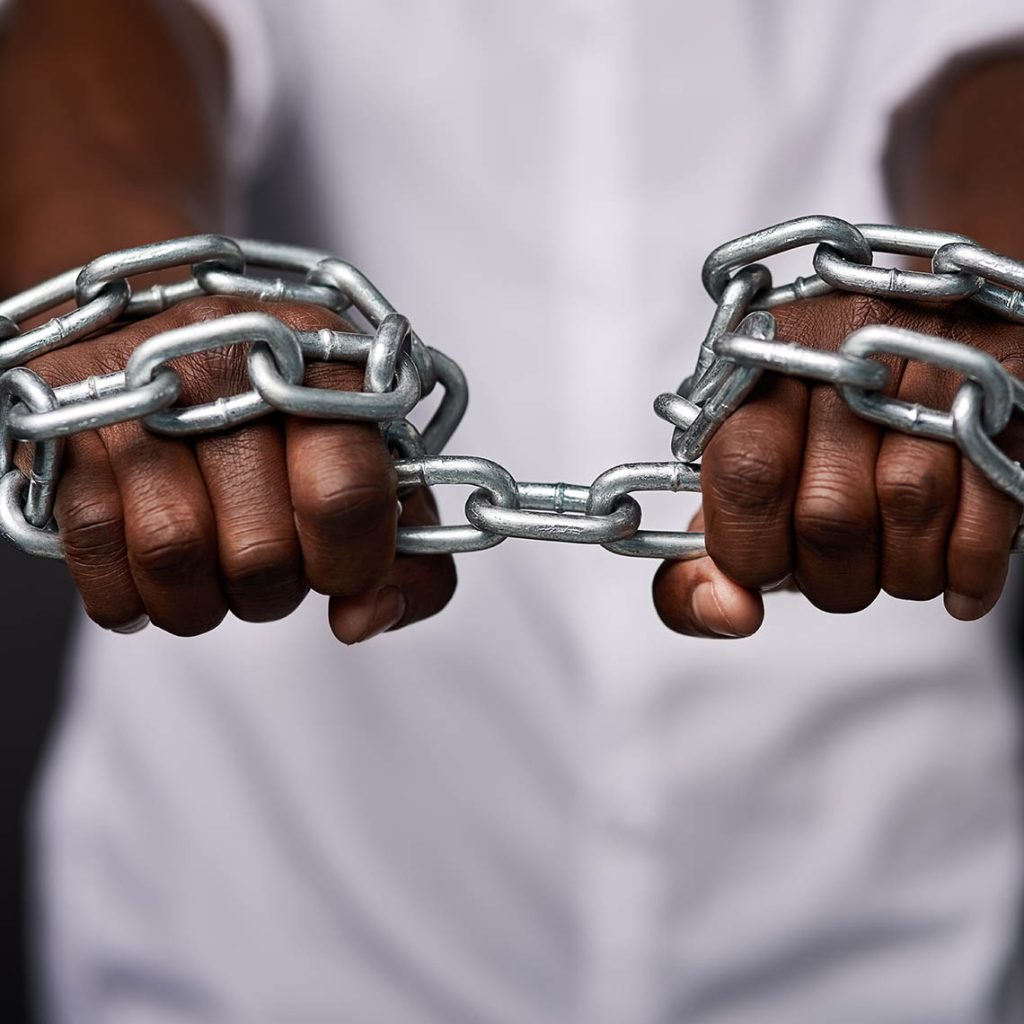Modern Slavery Act
Hope Bridge Health and The Modern Slavery Act
At Hope Bridge Health, we are fully committed to upholding the highest ethical standards in all aspects of our work. As part of our dedication to social responsibility, we take a firm stand against modern slavery and human trafficking, ensuring they have no place within our organisation or supply chains. This statement outlines the measures we have taken and continue to implement to comply with the Modern Slavery Act 2015 and protect human rights.

Organisation Structure and Supply Chains
Hope Bridge Health is a leading provider of support services for young people aged 12 to 25, offering tailored assistance including mental health support, life skills development, and housing solutions. Operating in the United Kingdom, we collaborate with a range of suppliers and service providers to deliver high-quality care. Our supply chain includes vendors and contractors who provide essential services such as facility management, IT support, training, and additional resources.
We acknowledge that supply chains can be complex, and we are committed to working only with suppliers who share our values and adhere to ethical labour practices, including a strong stance against slavery and human trafficking.
Policies on Slavery and Human Trafficking
Hope Bridge Health has established a comprehensive Anti-Slavery and Human Trafficking Policy, reinforcing our zero-tolerance approach to modern slavery. This policy applies to all employees, suppliers, and contractors associated with our organisation. It sets out clear expectations regarding ethical employment practices and explicitly prohibits forced labour, child labour, and human trafficking in any form.
We regularly review and update our policy to align with the latest legislation. Additionally, we provide training and resources to employees and suppliers to raise awareness of modern slavery risks and promote compliance with our ethical standards.
Due Diligence Processes
To minimise the risk of modern slavery within our organisation and supply chains, Hope Bridge Health has implemented stringent due diligence procedures, including:
Conducting thorough background checks on all suppliers and contractors before engagement.
Requiring suppliers to complete a Modern Slavery Compliance Questionnaire to assess their commitment to ethical labour practices.
Including anti-slavery and human trafficking clauses in all supplier and contractor contracts, outlining consequences for non-compliance.
These measures help us proactively identify and address potential risks, ensuring all partners operate with integrity and respect for human rights.
Risk Assessment and Management
Hope Bridge Health carries out regular risk assessments to identify vulnerabilities within our operations and supply chains. These evaluations are conducted annually and whenever significant operational or supply chain changes occur. We focus on areas with a higher risk of labour exploitation, prioritising industries and regions where modern slavery concerns are more prevalent.
Based on these assessments, we implement targeted actions to mitigate risks, such as increasing supplier oversight or enhancing monitoring protocols.
Key Performance Indicators to Measure Effectiveness
To assess the impact of our anti-slavery efforts, Hope Bridge Health tracks key performance indicators (KPIs), including:
The number of suppliers and contractors who complete the Modern Slavery Compliance Questionnaire.
The proportion of contracts that include explicit anti-slavery clauses.
The number of employees and suppliers trained in modern slavery awareness.
Findings from annual risk assessments, including identified risks and corrective actions taken.
The number of reported incidents of modern slavery within our operations or supply chains, along with the outcomes of any investigations.
We regularly review and refine these KPIs to ensure our policies and procedures remain effective and responsive to emerging risks.
Training and Awareness
Hope Bridge Health recognises the critical role of education in tackling modern slavery. We provide in-depth training to all employees, particularly those in procurement, HR, and supply chain management. This training covers recognising signs of modern slavery, understanding legal obligations, and reporting concerns effectively.
Additionally, we collaborate with our suppliers to increase awareness of modern slavery risks and encourage the adoption of ethical practices throughout the supply chain.
Conclusion
Hope Bridge Health is dedicated to playing an active role in the global effort to eliminate modern slavery and human trafficking. We acknowledge that this is an ongoing challenge and remain committed to continuously improving our practices to uphold the dignity and rights of all individuals connected to our work. Through ongoing monitoring, evaluation, and enhancement of our efforts, we ensure that modern slavery has no place within our organisation or supply chains.
